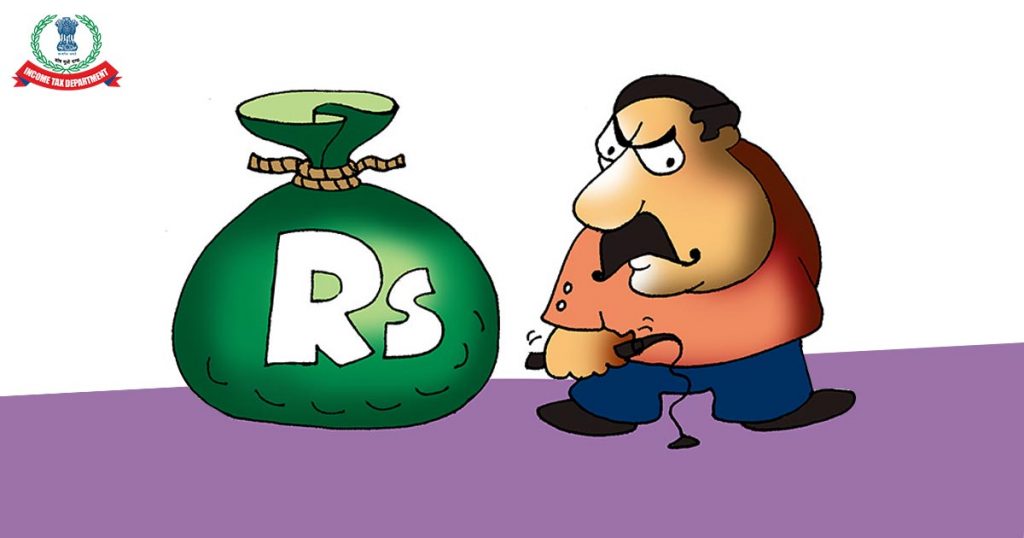
The last rate for tax return filing for the Fiscal Year 2019 i.e. 31st August seized a sum of 49,29,121 tax returns being filed, as per the statement made to the press by the Income Tax department. The total number of ITRs filed in last four to five days of August is quite impressive and shows 42% rise in comparison to the number of returns filed in the same days of the same month, last year.
However, the period from April to August this year remained insignificant with just 4% hike in income tax return filing as & when compared to the same period of last year.
Although the total number of the Tax return filed is higher than last year, it couldn’t bring good news for the tax officials as the number of ITR filed doesn’t make a huge difference to them but the total amount of tax collected does. Increment in the number of total ITR filed is ordinary for tax officials but the amount of tax collected was critical this time.
Tax collections are lagging far behind then the targets in FY19 and show drastic failure in the initial four months of the Fiscal Year 2020. In April-July, the aggregate tax collection was increased by just 6.6% at 5.4 lakh crore in comparison to 18.3% which is an FY20 Budget target growth. Direct tax collection increased by 5.8% at 2.2 lakh crore in comparison to last year.
The budget estimate for direct tax mop-up growth is fixed at 17.4%. Total corporate and personal tax collections were increased by just 5.4% and 6%, respectively. The nominal and real GDP growth shows a deceleration in Q1FY20 with 195-month low and 75-month low, respectively. If the growth of GDP remains stagnant like this, it will inevitably affect the tax growth adversely.
Read Also: All About Proposal Made for Income Tax Slabs & Rates by Task Force
Emphasis was made on GST collection and simultaneously the budget expectations were toned down where the budgeted collections are fixed to raise with just 3.6% in which the government may also have a little amount of surplus as the collections were increased 6.4% in April-August, 2019.
Considering the nation’s weak tax-compliance, the finance minister is marching forward towards execution of the proposal made for the Direct Taxes Code (DTC) on changes to direct income taxes. Besides, lowering the tax rates, DTC reports will also rationalise the tax rates. For example, the nil tax bracket and 20.8% rate slab for individuals earning an annual income up to `5 lakh and between 5-20 lakh, respectively, leads to a situation when an individual tries to show income less than 5 lakhs if they are earning a few lakhs more than 5 lakhs.
According to the survey conducted a research agency, the total number of individuals earning an annual income more than 1 crore was around 6.4 lakh in FY16 while the latest assessment pegs it at just 81,344.
Similarly, the total number of individuals earning an annual income between 50-100 lakh was summed up to 1.4 lakh in FY16 while the number of individuals has raised to 11.6 lakh as per the price estimation. This implies that more rational the tax rates are, the higher will be the tax collection.









